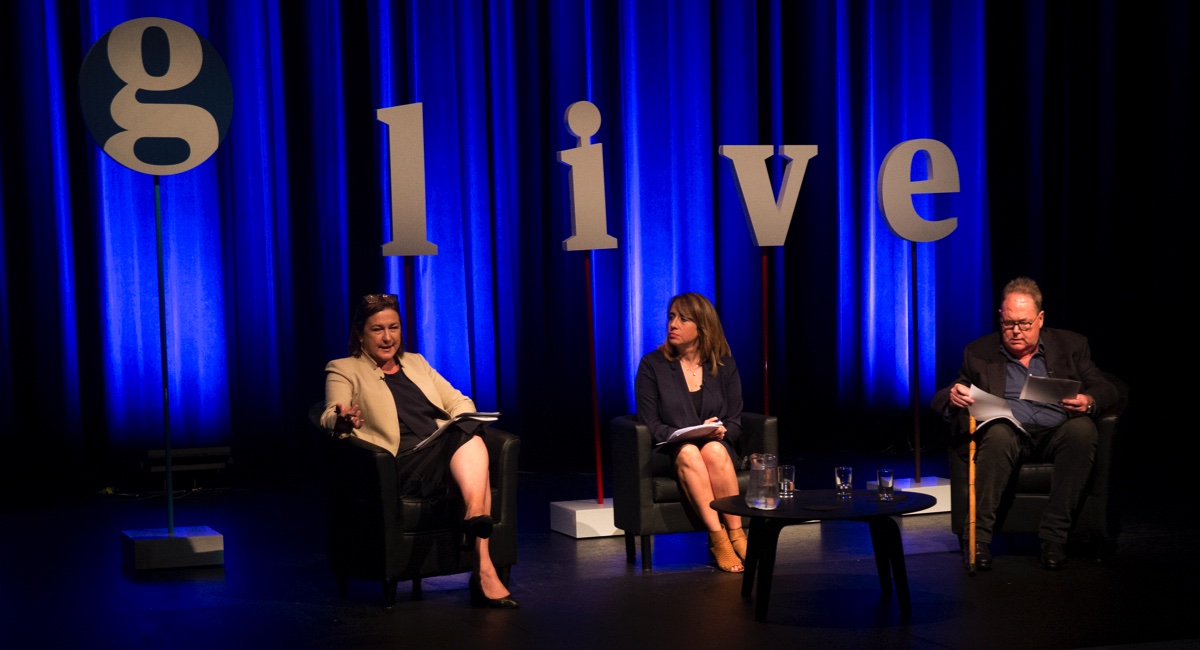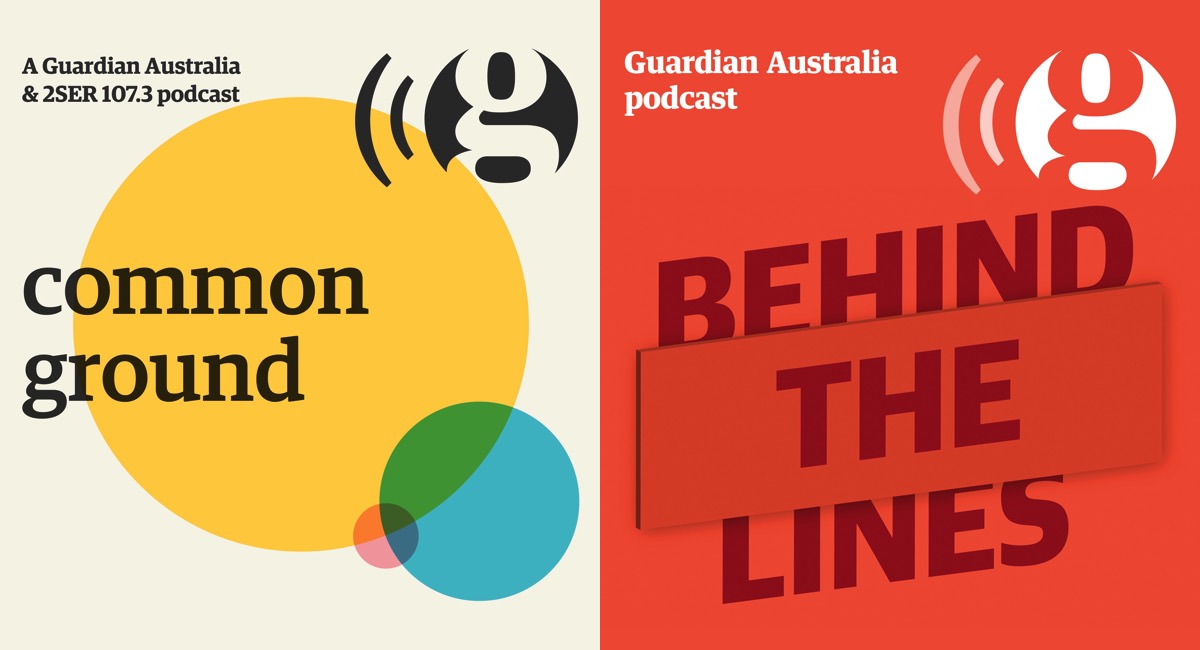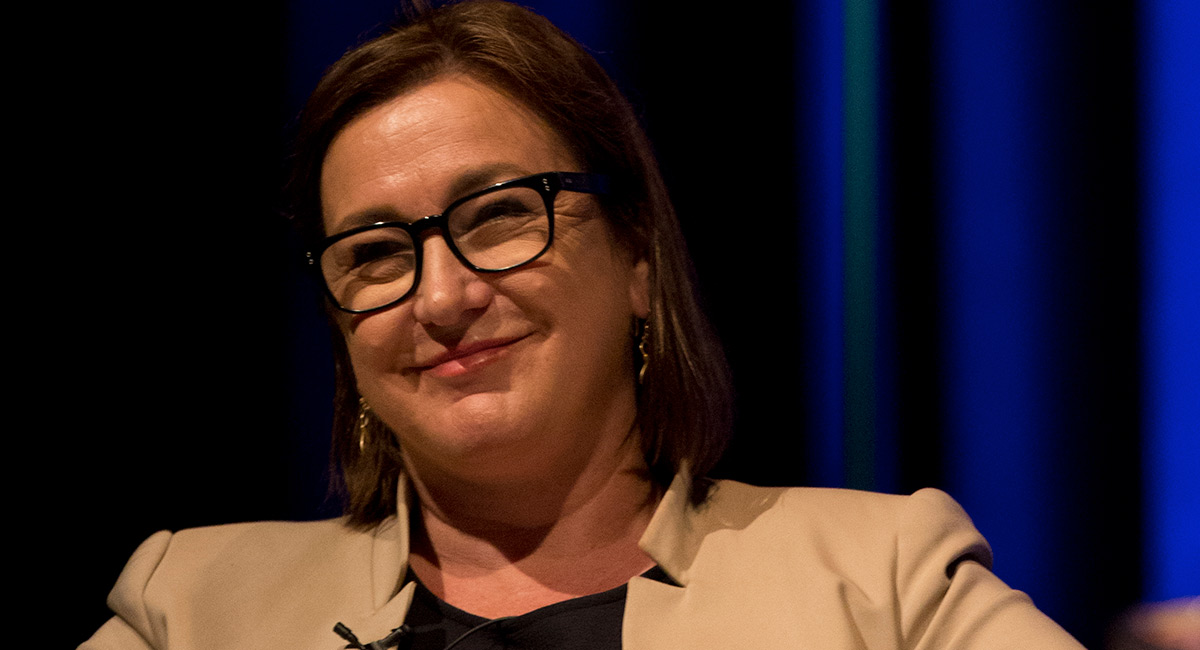Lenore Taylor became the first Australian editor of The Guardian locally when she took over the role from Emily Wilson in May 2016.
She is the third editor that Guardian Australia has had since its launch in 2013. The current editor-in-chief of The Guardian globally, Katharine Viner, was the launch editor of Guardian Australia.
One of the first things Taylor did when she became the editor was introduce the voluntary membership model in Australia. This approach to funding the local operation “is going really well”, she told Mediaweek.
The news organisation currently has about 33,000 members locally. “There are also a lot of people who make one-off contributions, which is separate to that,” Taylor said.
“The most pleasing thing about the setup is the chance that it gives us to interact with our readers: hear what their priorities are and involve them in our journalism.”
In a conversation with Mediaweek earlier this year, The Australian editor-in-chief Paul Whittaker likened Guardian Australia’s voluntary membership model to “voluntary conscription”. It’s not “particularly effective”, he said.

Lenore Taylor, Katharine Viner and ABC’s Mark Colvin at Guardian Live in March 2017
When asked about this comment, Taylor said: “I don’t really see the need to respond to Paul Whittaker. But it [the voluntary subscription model] is in fact positive for your journalism, because people need to be inspired to pay for what you do. You are not making them pay. Instead you are asking them, ‘Do you really like this? Do you value it enough to voluntarily pay for it?’”
The Guardian hasn’t completely ruled out the prospect of introducing a paywall though, Taylor said. “But we have a very strong view that if it is possible, we’d like to keep our journalism open and accessible to everybody. That’s been so far, so good. The membership model is going really well.”
The Guardian prides itself on having a clear distinction between its editorial and sales divisions, which covers things like branded content. Guardian Australia managing director Ian McClelland labelled this as “the separation of church and state” in a Mediaweek podcast, recorded in mid-2016.
Guardian Australia’s biggest point of difference from other media news organisations in Australia is that it is controlled by a trust. The Guardian’s local operations are controlled by Guardian News and Media, which is run by Scott Trust. This means that the company “doesn’t have shareholders, a media mogul or other commercial influence or political influence dictating what to write and what not to write”, McClelland explained.
Asked if Guardian Australia’s unique ownership structure in the market makes a difference when it comes to editorial, Taylor said: “In terms of story selection and how you run stories, it’s not any different. But it is different in terms who we ultimately answer to.”
McClelland is required to report to the Guardian Media Group CEO David Pemsel and Taylor is required to report to Viner about Guardian Australia’s editorial operations. However, McClelland told Mediaweek that he and the editor have frequent conversations to update each other on what is happening in their respective divisions.
Guardian Australia is known for its political reporting with the names Katharine Murphy and David Marr in its stables. Following the success of the Australian Politics Live and Behind the Lines, Guardian Australia recently launched its third political podcast series called Common Ground. It is five episodes long and is produced in partnership with community radio station 2SER 107.3. The weekly podcast captures a phone conversation between social researcher and author Rebecca Huntley and four Australians of different ages and political leanings. The participants come together to find out if they can find common ground on big issues such as same-sex marriage, immigration and euthanasia.

The idea for the podcast was born after the US Presidential Election, Taylor said, “when the media was criticised for not necessarily being aware of the mood of the electorates”.
“That is an easy criticism to make, but it’s not an easy thing to do something about.”
That is what the Guardian Australia wants do with the Common Ground podcast – speak to people that the media wouldn’t normally speak to. “We wanted to set up something that was a bit like a reality focus group and just listen to what people were saying,” Taylor said.
Why limit the podcast to five episodes? “That will be the limit of what we do with the four people involved in Common Ground. There is only so much of people’s time that you can take up. [Laughs] They were really generous to give us their time once a week. The recording sessions took much longer than the edited podcast that resulted from them.”
However, the format is something that Guardian Australia may reuse in the future, depending on the success of Common Ground. Taylor said: “We may use the format with different participants in different circumstances in the future.”
—
This is an excerpt of the full article, which appears in the latest issue of Mediaweek magazine.
Mediaweek has been covering the Australian media industry every week for over 27 years – all for an annual price of less than one conference.
We continue to rely on subscription revenue to support our independence. Subscribe here.
